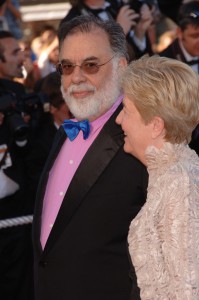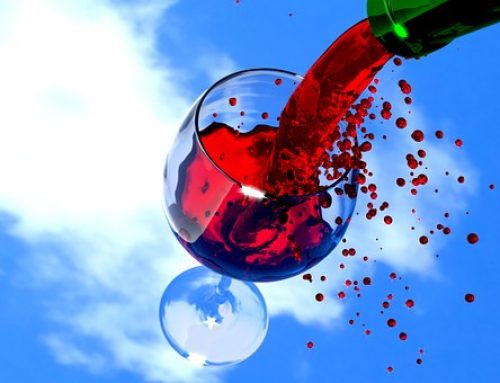 The Wine Business Institute at Sonoma State University recently reeled in people from the far reaches of the world when it hosted its 10th annual Academy of Business Research Conference. The countries represented include Austria, China, and France, among others. In the following Q&A, Dr. Liz Thach gives her feedback on the most compelling research.
The Wine Business Institute at Sonoma State University recently reeled in people from the far reaches of the world when it hosted its 10th annual Academy of Business Research Conference. The countries represented include Austria, China, and France, among others. In the following Q&A, Dr. Liz Thach gives her feedback on the most compelling research.
Q: What was the most cutting-edge research discussed at the conference and what impact will it have on the global wine industry?
A: “Probably some of the most cutting edge research was on wine m-commerce, or wine sold via mobile phones. One of the papers on this topic was titled: “Considering the effects of perceived website personality on wine purchases in m-commerce and why gender matters.” The author was Dr. Jean-Eric Pelet, from ESCE International Business School in Paris, France. It included research with 275 French wine consumers and showed that website design (personality) was more important to women than men. The practical applications are that wineries and retailers should consider gender when designing their m-commerce platforms in order to enhance sales and loyalty.
Other impactful research looked at how consumers make decisions on which wine to buy in retail stores, the impact of wine ratings, the importance of sustainability, wine tourism and how to market a wine region, the impact of wine drinking occasion on purchase, social media/ecommerce, and wine consumer behavior and sales trends around the world.”
Q: What was the most compelling takeaway from the session “Marketing in a Digital Age?”
A: “Much of the research presented in this session had to do with the importance of website design to attract wine consumers and encourage online wine sales via computer or mobile phone. For example, the session titled: The Joy of Wine: Exploring Emotions on Wine Websites, analyzed winery websites in 5 countries (South Africa, Australia, New Zealand, France, and the US) using IBM’s Watson to assess the sentiment expressed on each website. They discovered that not all website were designed to attract the type of wine consumer the winery desired, so marketers should pay special attention to this in order to attract tourists and achieve sales.
Another session explored how social media can be used to analyze winery brand impact, and used the term “Penfolds” on Instagram and Twitter sites to identify opportunities for this brand to enhance online consumer engagement. A third study examined virtual reality on winery websites that allows visitors to “tour” the estate online and “experience” the wine and environment. The results show that virtual reality tour results in positive consumer behavior outcomes.”
Q: Do consumers buy wine differently online? What does this mean for the wine industry and how can it adapt to the shift?
A: “Yes, in general consumers in the US purchase more expensive wines online. This is primarily due to our high shipping fees and regulations. It doesn’t make sense to purchase a $10 bottle of wine online and have to pay $10 to have it delivered.
In other countries, such as China, the UK, and France, shipping fees and regulations are often less, so consumers purchase more wine online in those countries, and at multiple price points. For example, in China, it is now possible to purchase wine online from a mobile phone and have it delivered to your house the same day for about the equivalent of one US dollar in shipping fees.
As ecommerce e and mcommerce continue to expand, the US wine industry will need to adapt to the shift. Right now it is still only about 5% of wine sales in the US, but growing.”
Q: Pragmatically speaking, how will this conference further the global wine industry?
A: “The Academy of Wine Business Research (AWBR) Conference is held every 18 months in a different wine country, and the research is always global in nature and cutting edge. It is the place to go to learn about new advances in wine business – especially global wine consumers, advertising, and sales channels. When the academic research is applied in practical settings, it further advances the business success of the global wine industry. The next conference will be held in South Africa in January of 2019.”
Q: What did you personally find the most compelling about the conference? What insights did you personally gain from it?
A: “For me, it is always enjoyable to reconnect with my wine academic colleagues from around the world. We had over 100 people from 16 different countries attend the conference at Sonoma State University, and we were able to exchange viewpoints and develop new collaborative research projects. For example, I will now be working with researchers in other countries on new projects for wine tourism and luxury wine marketing.
At the last conference held in Germany, I ended up publishing a book with my German colleagues titled: Successful Social Media and Ecommerce Strategies in the Wine Industry. It won an OIV Award, so we all met in Paris last autumn to receive the award. This type of global collaboration on wine research is extremely productive, and also, fun!”




